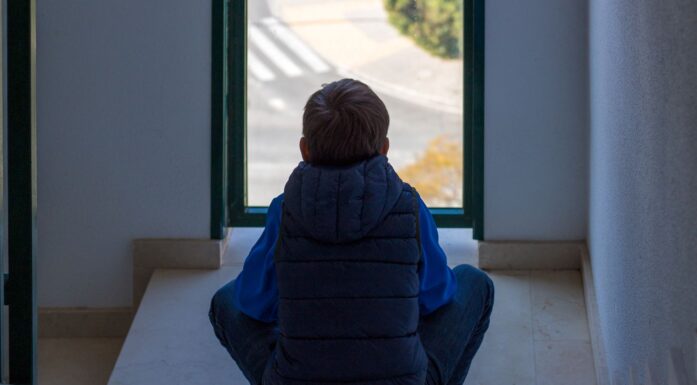Loneliness and mental health problems are interconnected
Lonely people are more likely to take medication for depression, psychosis and other mental health disorders.
“We have found a correlation between loneliness and several mental health problems,” says Associate Professor Rubén Rodríguez-Cano at NTNU’s Department of Psychology.
In a new study, researchers looked at whether lonely people are more prone to problems such as depression and psychosis. Based on medication use, the correlation is clear.
“The risk of a lonely person also struggling with mental health problems is greater than for people who are not lonely,” says Rodríguez-Cano.
The results have been published in BJPsych Open.
What comes first?
The mental health problems identified by the study are both serious and wide-ranging.
“Our research indicates that loneliness increases the risk of developing psychosis, bipolar disorders and severe depression,” says Rodríguez-Cano.
But is it loneliness that causes the mental health problems, or is it the mental health problems that cause people to feel lonely?
It can be both.
“When evaluating how loneliness develops from adolescence to adulthood, we found that people with psychotic and bipolar disorders are more likely to experience increased loneliness after adolescence.
Although we cannot identify causality in our study, the correlation between loneliness and serious mental illness is clear from a long-term perspective,” says Associate Professor Rodríguez-Cano.
Multiple correlations
Loneliness and being alone are two different things. Some people choose to be alone and cope just fine without it having a negative impact on their mental health, but lonely people can really struggle.
“For example, people who are in the early stages of mental illness during their adolescence may experience problems with their social relationships. This can result in them feeling more alone, and this worsens their psychopathology,” says Rodríguez-Cano.
Moreover, people who generally feel lonely may experience low self-esteem, and this can lead to loneliness, which in turn can increase mental disorders in adulthood.
Studied thousands of people over several decades
The researchers studied approximately 2600 people who participated in the long-term study Young in Norway, which has been ongoing since 1992. It follows thousands of people who were teenagers in the 1990s.
The researchers can therefore see how the participants have fared over a long period of time. In this study, they followed the participants for over 20 years. The information they gathered was compiled with data about medication use from the Norwegian Prescription Database.
“More than 80 per cent of the participants did not receive mental health medication during the period we investigated,” says Associate Professor Rodríguez-Cano.
In other words, most people do not struggle with mental health problems. However, 12 per cent received at least one type of psychotropic medication, and 7 per cent received two or more. In total, these groups consist of almost 500 people.
Should monitor lonely adolescents
“Researchers, politicians and various social actors, both at preventive and clinical levels, should monitor loneliness during adolescence. We need to create opportunities for young people to feel less alone, thus preventing mental health problems,” Rodríguez-Cano said.
This work is a collaboration among researchers from NTNU, the University of Oslo, UiT The Arctic University of Norway, OsloMet, Oslo University Hospital and Innlandet Hospital Trust.
References: Rodríguez-Cano R, Lotre K, von Soest T, Rognli EB, Bramness JG. Loneliness in adolescence and prescription of psychotropic drugs in adulthood: 23-year longitudinal population-based and registry study. BJPsych Open. 2024 Mar 11;10(2):e61. doi: 10.1192/bjo.2024.22. PMID: 38465662; PMCID: PMC10951847.






